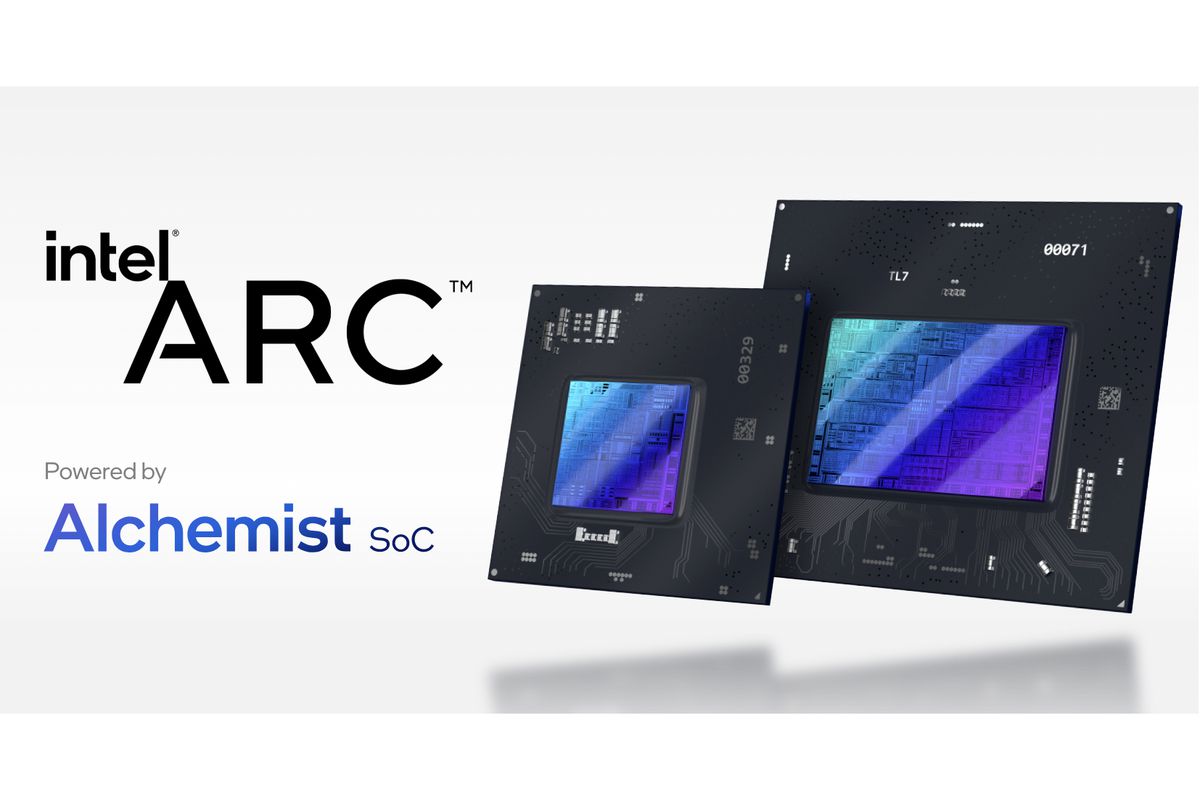Intel has released more details on its forthcoming Arc family of consumer graphics cards. Today, the well-known CPU maker stated that its Arc brand GPUs for laptops would begin delivering this quarter, but desktop GPU buyers will have to wait until Q2 of this year.
You’ve all been patient, and the first wave of #IntelArc GPUs are launching soon for notebooks. Desktops and workstations will soon follow!
— Intel Graphics (@IntelGraphics) February 17, 2022
The Arc GPUs
Originally launched in August, Intel’s Arc brand would serve as the company’s entry point into a market. Competing with GPU behemoths AMD and Nvidia. However, Intel is playing the long game with the Arc brand. As the company stated during its first introduction that its Arc Desktop GPUs will span “several hardware generations,” with codenames “Battlemage,” “Celestial,” and “Druid.”

In addition, the Arc brand will incorporate its own supersampling technology, XeSS. Which will compete with AMD’s FidelityFX Super Resolution and Nvidia’s DLSS. While the Arc series has yet to be released. Intel has already stated that some developers would support XeSS. Death Stranding Director’s Cut is one of the first PC games verified to use the technology.
Also: The Latest Apple MacBook Pro Review: Is It Worth The Upgrade?
Another intriguing nugget in Intel’s blog post is “Project Endgame,”. A new cloud GPU service that allows customers to “access Intel Arc GPUs. Through a always-accessible, low-latency computing experience service. But nothing is known about Project Endgame. It might be Intel’s reaction to Nvidia GeForce Now’s RTX 3080 subscription. Which allows customers to play games on the cloud with an RTX 3080 PC gaming machine. Intel did not provide any other information other than the fact that Project Endgame will be ready later this year.
This development comes at a pivotal juncture in the graphics card industry. Unprecedented demand and an ongoing chip scarcity continue to present problems for customers trying to purchase the newest GPUs. With AMD and Nvidia unable to keep up with demand. Nvidia, in particular, has been deafeningly quiet on their next flagship, reportely delayed, The RTX 3090 Ti.

Leave a Reply